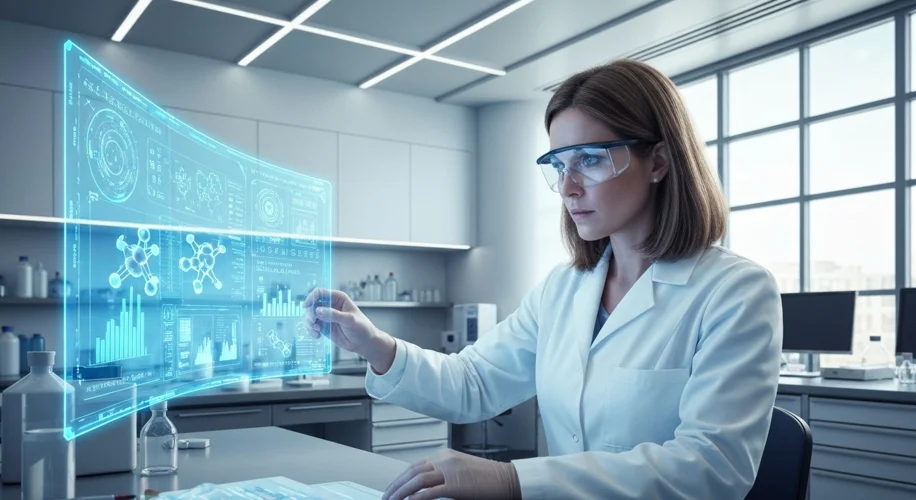It’s fascinating to see how quickly artificial intelligence is becoming an indispensable tool in scientific discovery. When I started my career, the idea of machines aiding in fundamental research felt like science fiction. Now, it’s a daily reality, and the pace of progress is frankly astonishing.
Think about the sheer complexity of scientific challenges we face today. From understanding the intricate dance of proteins in our cells to finding new materials with specific properties, the data sets are immense and the variables are countless. This is precisely where AI shines.
AI algorithms can sift through vast amounts of data far more efficiently than any human or team of humans could. They can identify patterns, correlations, and anomalies that might otherwise go unnoticed. This isn’t about replacing scientists, but about augmenting their capabilities, freeing them from repetitive tasks and allowing them to focus on the creative and conceptual aspects of their work.
One initiative that really highlights this is Google DeepMind’s AI Co-scientist. The goal here is to create an AI that can actively assist researchers, almost like a collaborator. Imagine an AI that can suggest experiments, analyze results in real-time, and even help formulate new hypotheses. This kind of partnership could dramatically speed up the scientific process.
We’re seeing AI make contributions across numerous fields. In medicine, AI is helping to analyze medical images for earlier disease detection, leading to better patient outcomes. In materials science, AI is being used to predict and design new compounds with desired characteristics, potentially leading to breakthroughs in everything from sustainable energy to advanced electronics. Even in areas like climate science, AI is helping to model complex environmental systems with greater accuracy.
What’s also exciting is the potential for AI to democratize scientific discovery. As these tools become more accessible, they can empower researchers in smaller labs or institutions that may not have the resources of larger organizations. This broadens the pool of talent and ideas that can contribute to solving global challenges.
Of course, as with any powerful technology, it’s crucial to consider the ethical implications and ensure that AI is developed and deployed responsibly. But the overarching potential for AI to accelerate innovation, uncover new knowledge, and help us tackle some of humanity’s most pressing problems is undeniable. It feels like we’re on the cusp of a new era in scientific exploration, with AI as our most capable new partner.

